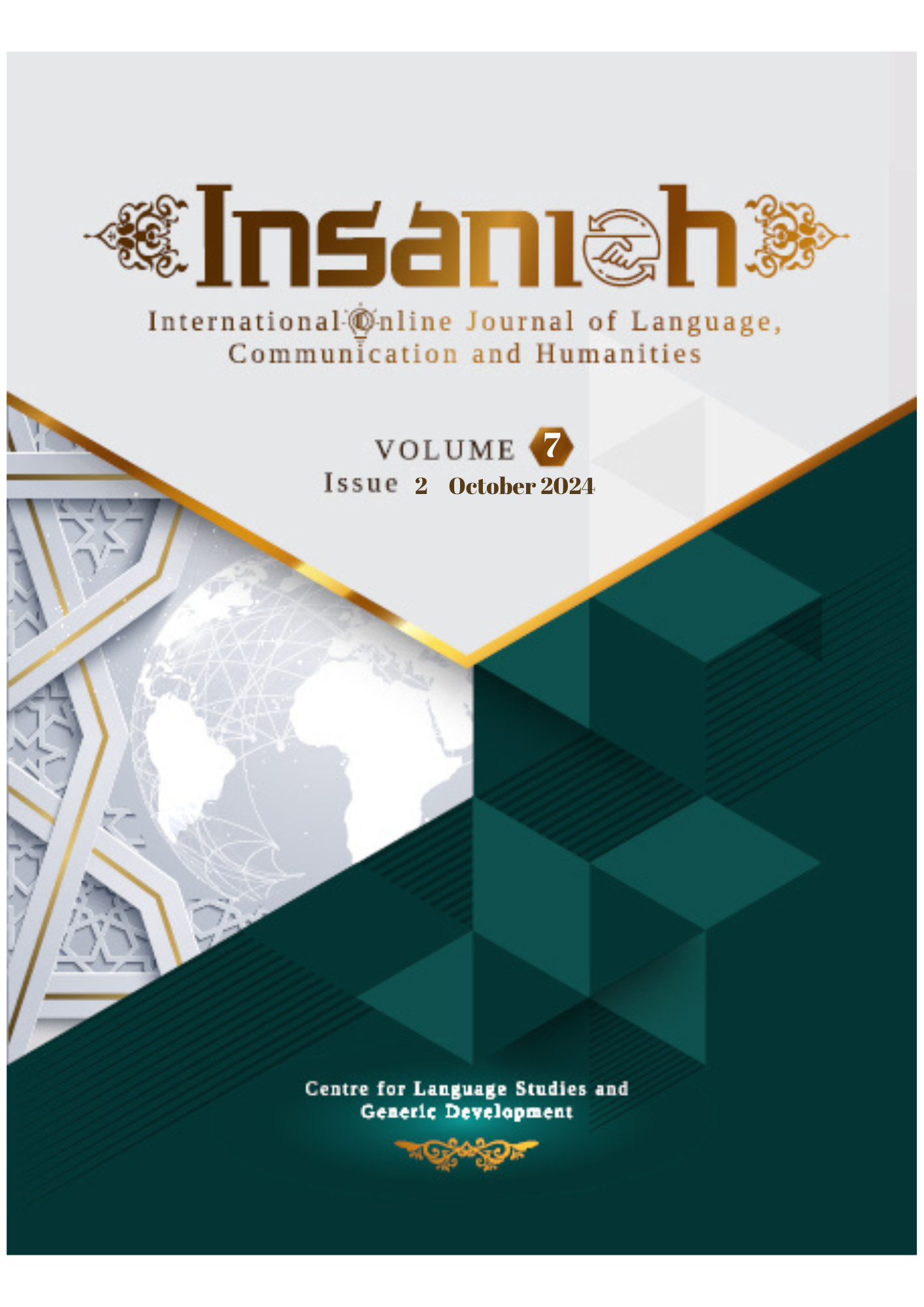A Study on the Relationship between Religious Practices and Life Satisfaction Among Muslims performing Hijrah
DOI:
https://doi.org/10.47254/de688m64Abstract
When a Muslim commits hijrah, he or she has abandoned evil deed and repented. Previous research shows that religious practices have a significant positive relationship with life satisfaction, but there is not much research that can explain how religious practices can produce life satisfaction among Muslims. This research aims to find out how a model of achieving life satisfaction through religious practices which involves attachment to God and religious support as a mediator. The snowball sampling technique determined 469 Muslims performing hijrah in Indonesia who participated in the study. The research instruments used are the Psychological Measure of Islamic Religiousness (PMIR) subscale of religious practices, the Muslim Spiritual Attachment Scale (M-SAS), the Multifaith Religious Support Scale, and the Satisfaction with Life Scale. Statistical analysis using the Structural Equation Model (SEM) Partial Least Square (PLS) reveals a significant relationship between religious practice and life satisfaction, mediated by attachment to God and religious support. This means that when worship is able to build an attachment to God, then the attachment creates the feeling that Allah SWT and the people in the religious community support him or her. Religious practices will have a positive impact on the life satisfaction of a Muslim who performs hijrah.




